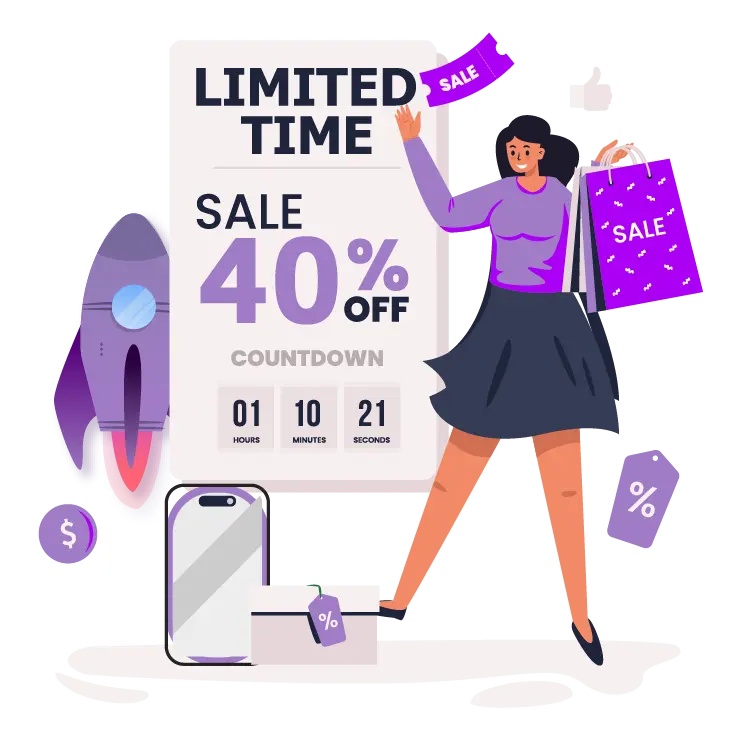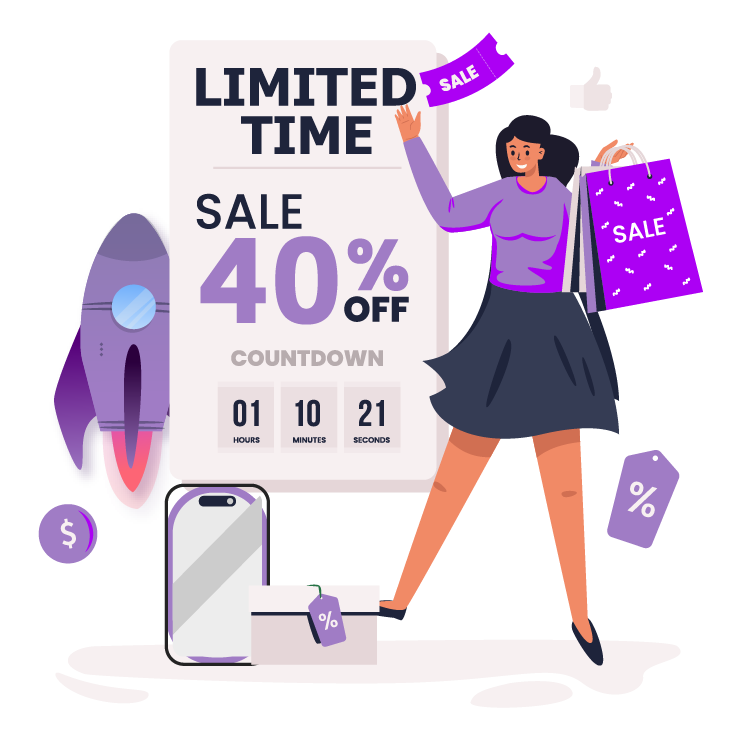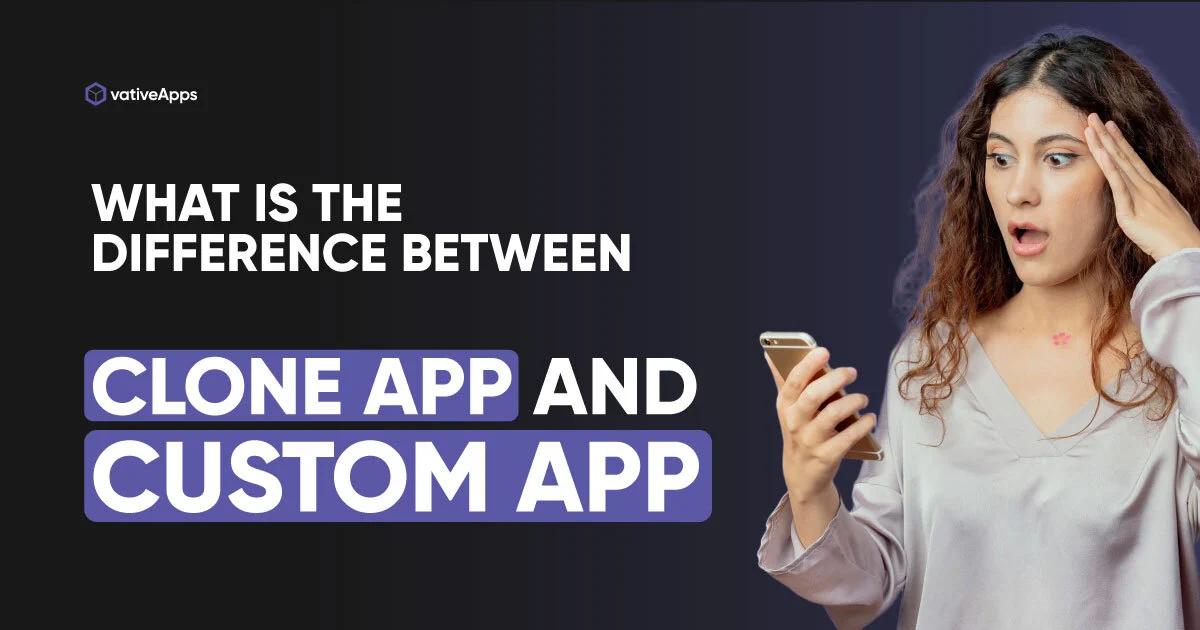
The terms "clone app" and "custom app" are frequently used in the context of app development. For organizations and entrepreneurs to make wise judgments, it is essential to understand what is the difference between clone app and custom app. Let's take a closer look at these two app developments.
What is a Clone App?
In simple terms, a clone app is a duplicate of an existing app. It replicates the features, qualities, and user interface of the actual application. When companies aim to make money on the success of a popular app, they usually use this strategy.
In this case, you can come across numerous versions of well-known taxi apps or social networking sites. These clone apps aim to make a profit from tested ideas, helping businesses to easily enter the market.
When opposed to custom apps, clone app creation is typically quicker and less costly. An established coding is modified by developers to fit their brand. Although this could be an ideal option for new businesses, clone apps commonly lack originality and distinction.
What is a Custom App?
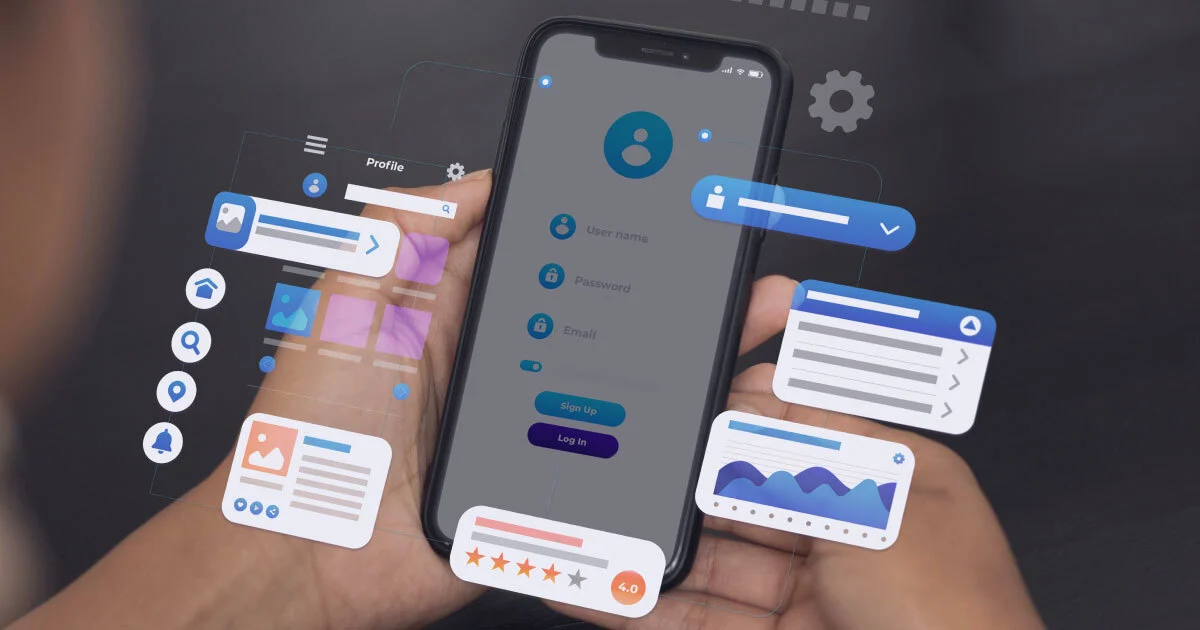
A custom app, on the other hand, is created especially to fulfill the particular requirements of a business. These applications are completely custom-built, with unique features and audience-specific design. Businesses are able to create a solution with custom apps that meets their unique needs and correctly represents their business identity. Although every aspect is created to meet the requirements of the customer, designing a custom app requires extra time and money.
However, the end result is an app that is different from the others on the market, with functionalities and an interface that clone apps can't match.
Key Differences Between Clone App and Custom App
Development Approach
Clone App: Using established structures and code that speed up and streamline the development process.
Custom App: Requires careful planning and design, which calls for a complete understanding of what is required of the business.
Cost Factors
Clone App: Typically more affordable, it is accessible to startups with limited budgets.
Custom App: Generally requires a higher investment due to the complexity of development and the need for specialized skills.
Uniqueness and Brand Recognition
Clone App: Lacks uniqueness, as it closely follows another app. This can lead to challenges in branding and market positioning.
Custom App: Offers complete flexibility to create a unique identity and user experience that aligns with the business’s vision.
User Engagement
Clone App: Because users might find it identical to other apps, it might not offer a compelling experience.
Custom App:Created especially with the target demographic in mind, with features that are ideally suited to increase user satisfaction and interest.
Ways for Scalability
Clone App: The ability to scale and adapt to challenges could arise when the company expands and needs additional functions.
Custom App: Designed to be scalable, it enables companies to add specifications and features as their needs change.
Market Efficiency
Clone App: Faces strong competition because it might be difficult to stand out from the crowd when there are so many identical apps already available.
Custom App: Provides the company a unique competitive edge and permits the development of new characteristics that address certain customer needs.
Selecting the Best Option for Your Company
When deciding a difference between clone app and custom app, consider your business objectives, budget, trends, competitiveness and the market landscape. Clone apps may be the right choice for businesses looking for a quick and economical entry into the market, especially in industry where developed models expand. As opposed, if your business goal is to innovate and develop a strong brand visibility, investing in a custom app can generate essential long-term benefits.

Custom apps not only offer the chance to create a different and unique user experience but also open the chances for future growth and success.
Time to Market
The speed at which your app can be launched is one of the most important aspects of developing an app. Here, clone apps are quite advantageous because they use already existing structures and code, which enables companies to launch effortlessly.
Developers may reduce the amount of time spent on writing and testing by duplicating the majority of the features. Because of this quick development process, businesses are able to grab new possibilities or patterns without having to wait months for a completely customized solution.
Custom apps, however, take more time and money to develop. A lengthy development cycle results from the fact that every feature and efficiency is created from beginning to end up.
Even though it takes longer, this method assures that the final outcome is flawless and specifically suited to the needs of the business.
Businesses with the financial means to commit to a longer timeframe frequently discover that the time savings result in a more unified, scalable, and sustainable solution.
Maintenance and Updates
Clone programs frequently have limits when it comes regarding maintenance and updates. It can be difficult to add new features or make major upgrades because they are built on the structure of another project.
The app's duration in a competitive marketplace may be affected by its lack of capacity to adapt to emerging technologies or market developments. Because of this, businesses could have to redesign the application or move to a specialized solution sooner rather than later.
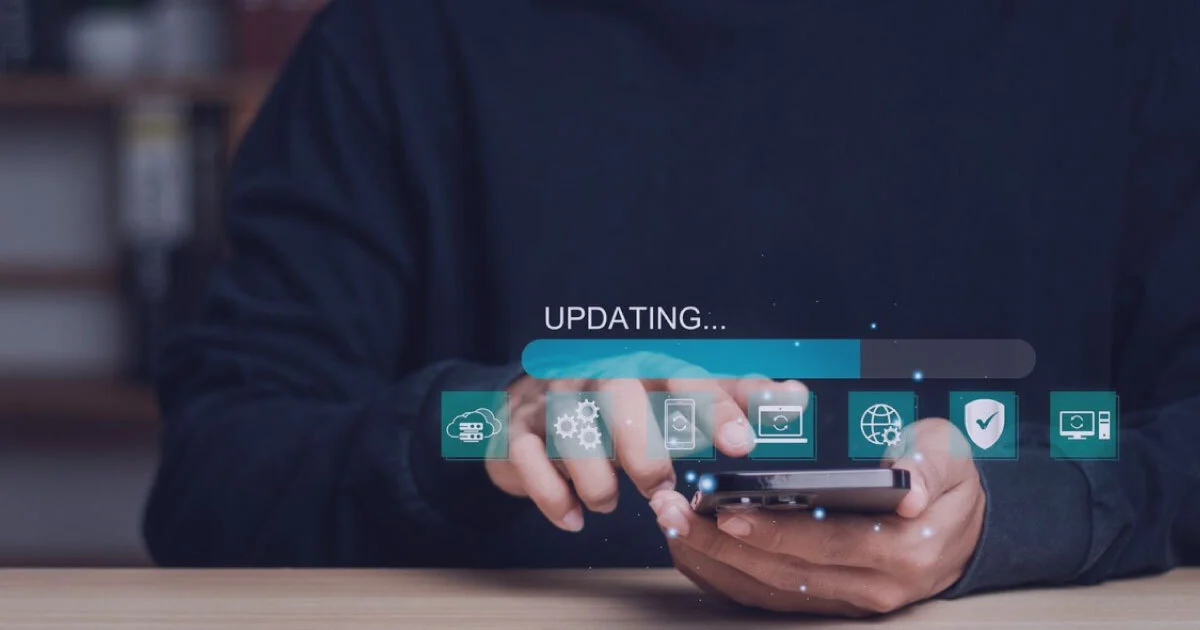
On the other hand, custom apps are designed to be flexible and expand over time. Updates and maintenance can be easily incorporated since every part of the software is made especially for the company. Companies may quickly add new features, adjust to shifting market conditions, and make sure the app develops in connection with their expansion.
Because of this, custom apps are more long-lasting and have the capacity to innovate and improve continuously without facing difficulties.
Both types help to provide complete information on what is the difference between clone app and custom app. For businesses choosing an approach of action, it is providing a more clear perspective.
Conclusion
In summary, knowing the clone and custom app differences can significantly impact your app development strategy. Whether you opt for a clone app or a custom app, ensure that it aligns with your overall business objectives and enhances your connection with your target audience.
Ultimately, the decision should reflect your vision for the app, the resources available, and the level of uniqueness you wish to achieve in the competitive digital landscape. For more details and guidelines visit at vativeApps or contact +1 (740) 971 2318.

